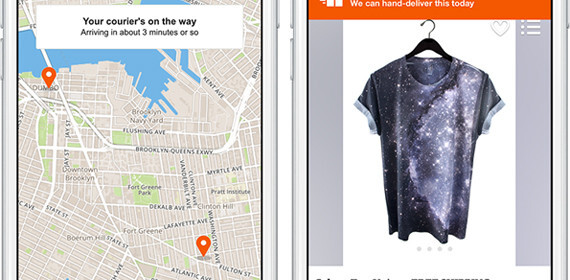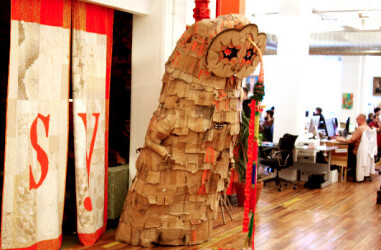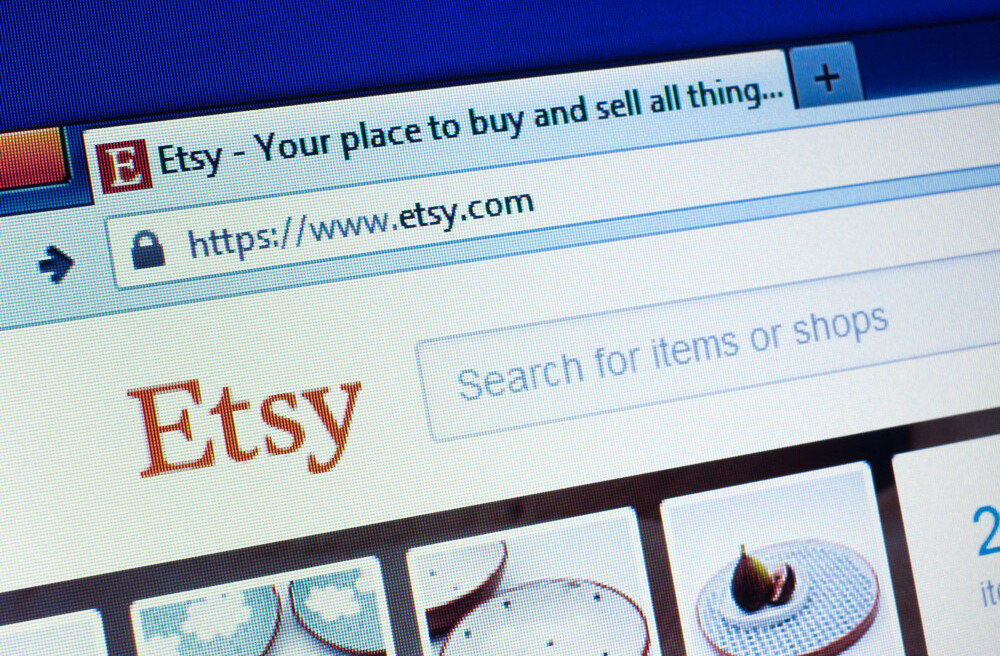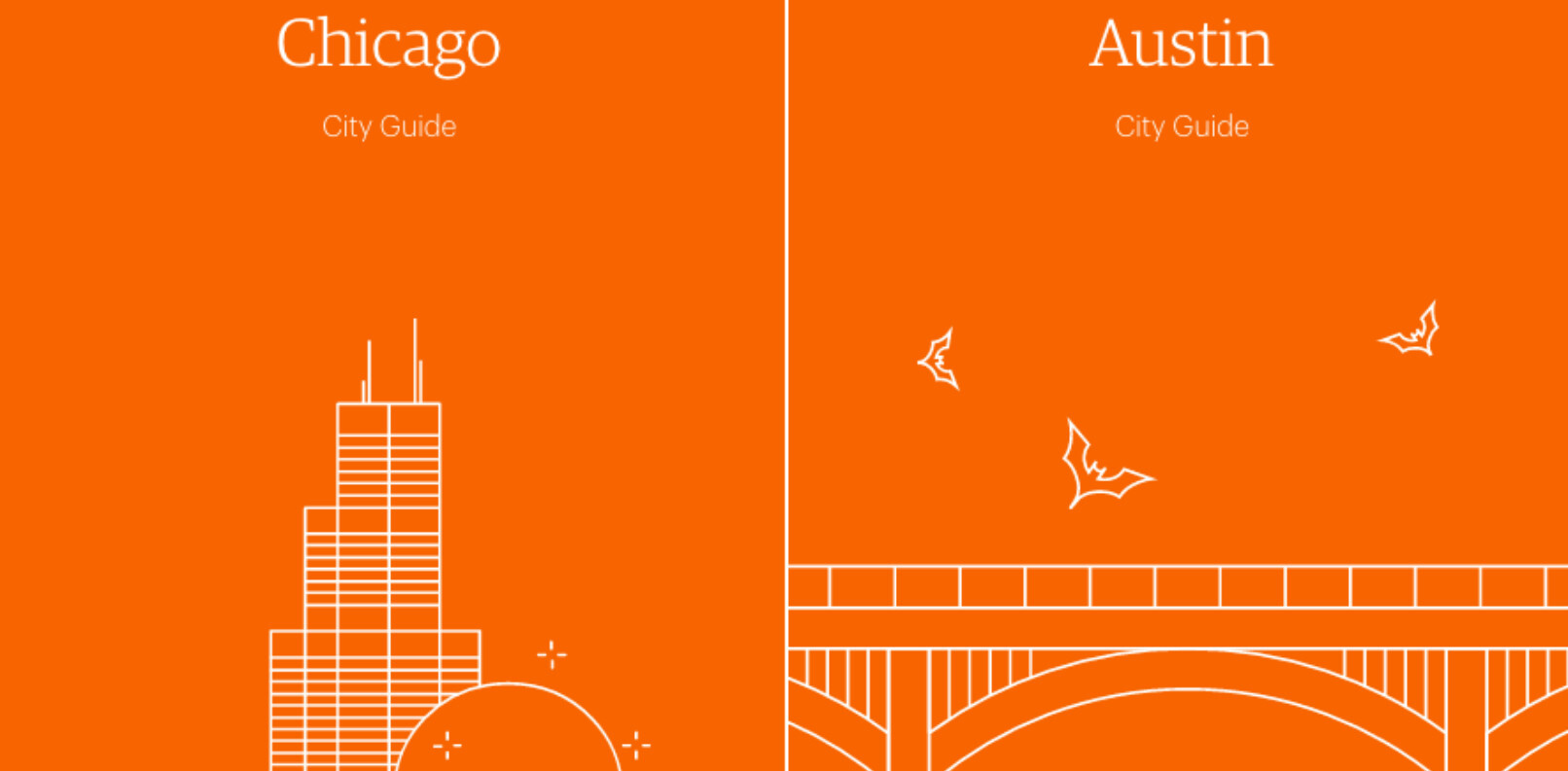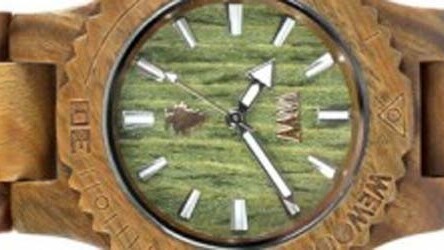
Stepping in where Etsy and Folksy left a gap, Ethical Community has opened up a way for eco-buyers and sellers to trade with a personal touch.
Having launched in 2010 and now tied down £200,000 seed funding in February, the company of just 3 employees is looking to expand.
Co-Founder, Jason Dainter who started the company with Liam Patterson, says, “The thing about Etsy is that there are nice hand-made products available, but they could be made anywhere. We have an ethical criteria that our sellers need to meet in order to make sales.”

Ethical Community takes a ten per cent cut from sellers, which seems to suit their clients very well, “We have sellers who have poured thousands into their own websites trying to sell from there and it’s cost them a lot with little return. It’s a no-brainer for them to come to us where we can help them in a single market place where they can make the most of their product.”
This strict criteria made the process of organising funding a bit longer than Dainter had hoped, “We put aside 6 months to raise money but it took almost twice as long. We had some great offers and it is really the hardest thing in the world to turn offers down. We wanted to make sure there was a good match and also that there would really be value added to the offers.”
The company’s investors include ASOS board member Mary Turner and Robert Barnes of Alchemy Partners, proving that Ethical Community has something to offer to those who could also provide experienced advice.
Changing opinion
 Ethical Community also hopes to change the general view of eco-friendly goods as being over-priced and impractical. A quick look around the site shows that they’re not a world of hippy tie-dye but displays eco-friendly cocktail dresses, electrical goods and pieces for the home.
Ethical Community also hopes to change the general view of eco-friendly goods as being over-priced and impractical. A quick look around the site shows that they’re not a world of hippy tie-dye but displays eco-friendly cocktail dresses, electrical goods and pieces for the home.
“There’s a sense that ethical goods are expensive, and there are boutique places that sell eco-friendly goods at a higher price,” says Dainter. “But they are aimed at people with a disposable income. We like to point out to people that they can do every day things in an eco-friendly way and it won’t cost too much.”
Over the first hurdles
Getting a startup to fly is never easy and Dainter admits they made mistakes, “We were a bit bloated to start with having lots of crazy ideas about this eco-marketplace, but we have slimmed down to a leaner process. The hardest part was the chicken and egg issue of starting any market place, you need the sellers who want the buyers who need to see sellers, but we have over seven thousand products now and we’re still growing.”
The next step for the company is to take on new staff and expand steadily. “We have a great selection of sellers on site now, so we are looking to support them with technology,” says Dainter. “We want to enable them to get more out of the market with things like video uploads where they can talk about their goods. Soon we hope to get the community to look after itself too so they can check the ethical credentials of each other’s products.”
If you’re not keen on wading through the boutiques of eco-sellers, this might be just the up-cycled ticket for vegan fashionistas and those just hoping to do a bit more good.
Get the TNW newsletter
Get the most important tech news in your inbox each week.
